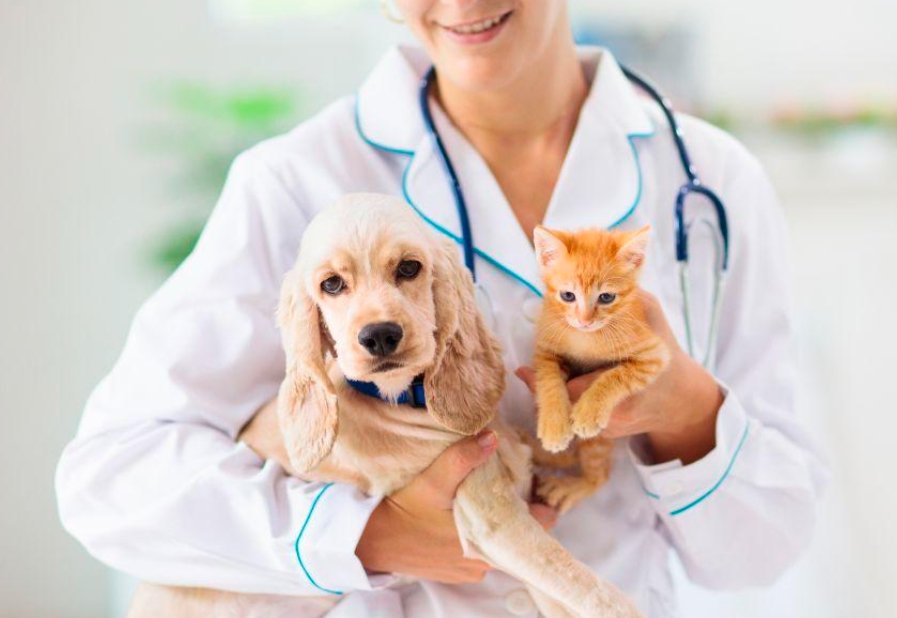Mesa County is on the brink of a significant transformation in its approach to animal welfare. The proposed restructuring of Mesa County Animal Services (MCAS) aims to enhance care and efficiency by dividing enforcement and shelter operations, a move that has sparked discussions and debates within the community.
A Comprehensive Plan for Change
The restructuring plan, presented by the Director of Justice Services, Matt Lewis, during a public hearing, outlines a future where MCAS transitions from a county department into a separate entity. The enforcement duties for unincorporated areas of Mesa County would be absorbed by the Mesa County Sheriff’s Office (MCSO), while sheltering services would be outsourced to the nonprofit sector.
This strategic shift is designed to leverage the strengths of MCSO in enforcement and the expertise of nonprofits in animal care. The plan promises to maintain the current level of services until a new contract is finalized, ensuring no gap in care or enforcement during the transition.

The Impact on Local Services
The proposed changes have raised concerns among volunteers and local shelters, who fear the closure of the MCAS facility in Whitewater and the potential strain on existing resources. The plan includes terminating all but four Animal Services employees, who would move to MCSO, leaving a void in the care facility for animals.
Despite these concerns, the county assures that the MCAS shelter will remain operational under the new contractor, and the quality of animal care and public safety will not only be preserved but improved.
Looking Towards the Future
The restructuring is a bold step towards optimizing animal welfare services in Mesa County. By separating enforcement and sheltering, the county aims to create a more focused and specialized approach to each aspect of animal services. The collaboration with nonprofits is expected to bring a fresh perspective and elevate the standard of care provided to the community’s animals.












